Primary Sources
Primary Sources
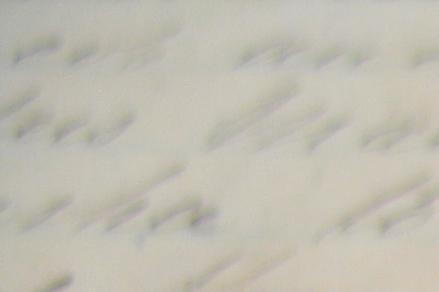
Teachers, need a primary source to create a lesson in the classroom? Students, need a source for a research project?
Here, we've listed the primary sources featured in our Unit Plans. Click on a primary source to go to its page, where you may find additional images, transcriptions of the text, a citation guide for including the source in a bibliography, or ways to purchase copies of the source for the classroom.
HSP's collections are not limited to the primary sources listed here. To see all that HSP has to offer, come visit us or explore our collection online through the Digitial Library and the Discover online catalog.
Some sources have handwriting that is difficult to read. If you need help decoding handwriting, check out this guide from Ancestry.
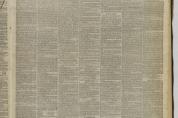 Excerpts from an article in the Philadelphia Public Ledger on August 28, 1862 about the arrest of Charles Ingersoll for discouraging men to enlist in the Union army and "uttering disloyal sentiments." |
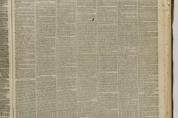 Charles Ingersoll gave this speech to a group of Democrats in 1862, urging them to vote against the Republicans. The speech was printed in the Philadelphia Public Ledger, a paper that sympathized with the South during the Civil War. |
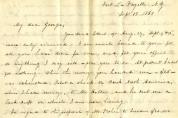 In this letter, Pierce Butler writes to his friend George Cadwalader from prison. He discusses financial matters and urges his friends not to try to get him out of prison; he wants to be released "by right, and not by favour." |
 In this letter, Pierce Butler describes his experiences as a prisoner during the Civil War to his friend George Cadwalader. |
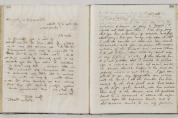 A letter from Pierce Butler to his daughter, Fanny, on January 7, 1861. In it, he expresses his doubts that a civil war will occur and declares that his "sympathies are entirely with the South." |
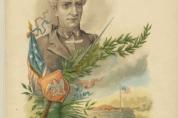 This is a four-color print containing an image of Francis Scott Key,The Star Spangled Banner lyrics and music, and an image of Fort McHenry in the background. |
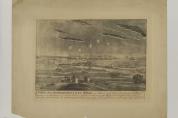 Caption on image: "A View of the Bombardment of Fort McHenry, near Baltimore, by the British fleet, taken from the Observatory under the Command of Admirals Cochrane, & Cockburn, on the morning of the 13th of September 1814, which lasted 24 hours, & thrown from 1500, to 1800 shells in the Night attempted to land by forcing a passage up the ferry branch but were refused with great loss" |
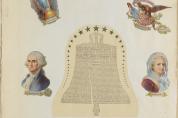 Scrapbook compiled by Annie W. Britton includes clippings from various newspapers, some photographs, and ephemera relating to the 1876 Centennial International Exposition in Fairmount Park, Philadelphia, the first official World's Fair to tae place in the United States. The scrapbook is roughly chronological through May to November 1876, when the Centennial Expo was operating. |
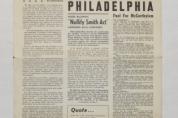 First issue of "Let Freedom Ring," publication of the Pennsylvania Civil Rights Congress. |
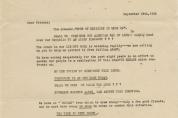 Mailer of assorted materials from the American Women Against Communism organization. |
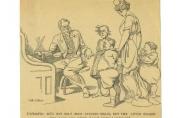 This cartoon illustrates Columbia (the female personification of America), William Taft, Teddy Roosevelt, Woodrow Wilson, and Uncle Sam. In the cartoon, Columbia reprimands Roosevelt by saying to Uncle Sam, "He's not only been abusing Billie, but the little Wilson girl says she never heard such language." This shows the political fighting that occured during the Presidential election of 1912. |
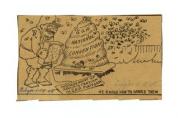 This cartoon illustrates Teddy Roosevelt as a bee keeper. The sign he holds reads "Indorsement of Administration in G.O.P. Platform" and the bee hive reads, "G.O.P National Convention." The cartoon suggests that Roosevelt can easily deal with his political party without any issues. |
- ‹ previous
- 10 of 22
- next ›
